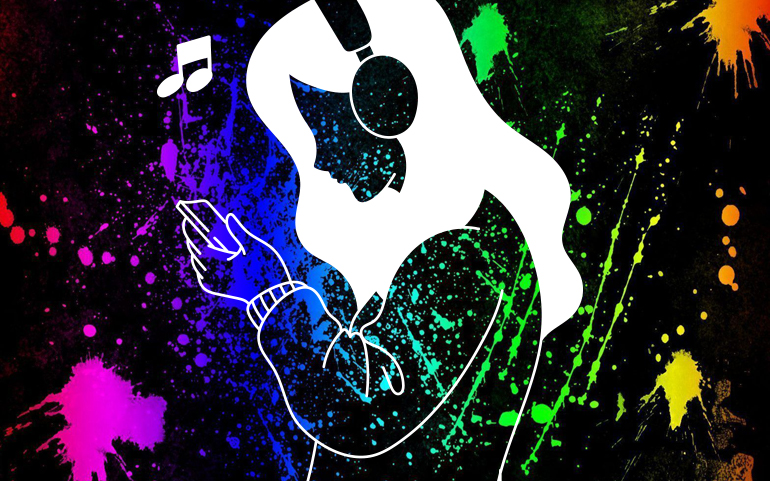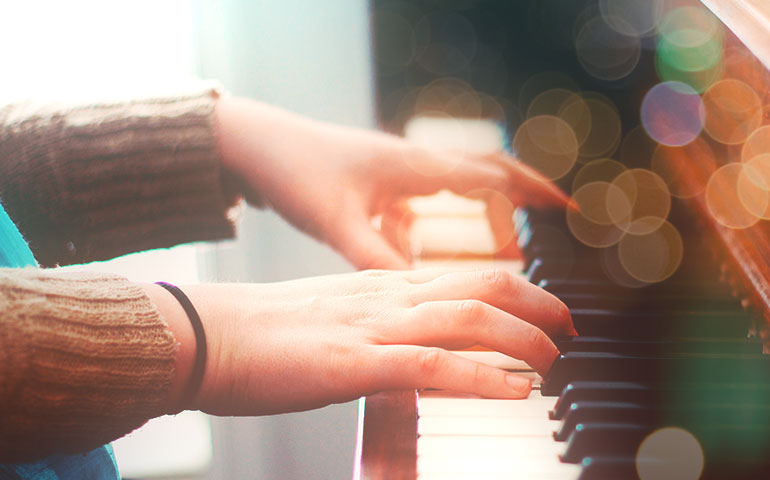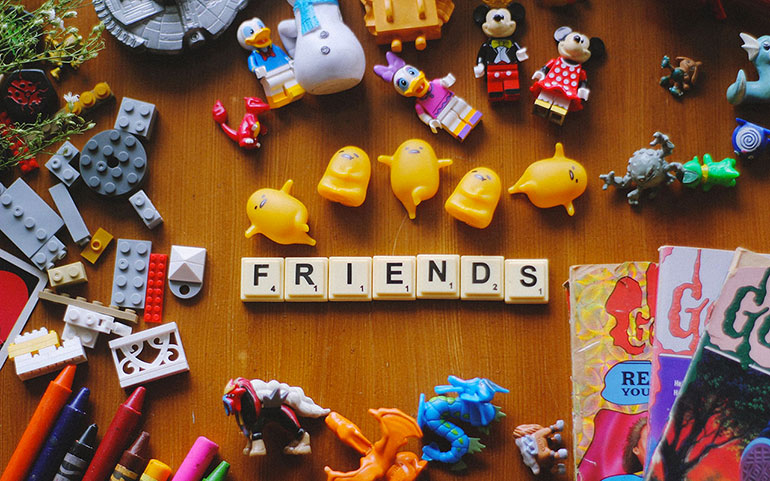
Misogyny in the Hip-Hop Scene
I’m sitting in the passenger seat of the car and am restlessly flicking through the different radio stations. Everything from pop to country blares through the speakers until a low bass and synth still my antsy fingers. People are spitting fast lyrics in time with catchy beats and everything is exhilarating until I begin to fully grasp what these artists are actually rapping about. Immediately, that elated high fades and I continue to mindlessly skim through the other stations.
I’ve never noticed it before, but a portion of songs under the hip-hop genre contain sexist and misogynistic lyrics that you wouldn’t catch upon first listen.
And oh, does it get my blood boiling hearing derogative slurs thrown around like harmless confetti! I see my peers at school mosh to these “bops” that objectify women, treat them as possessions. Our struggles, dreams, and opinions are stripped away from us until all that’s left are our bodies, the bodies they rap about, the bodies they think they own. In class, I hear inappropriate terms plastered over some draft GarageBand beats. Sexism and double standards run rampant, enforcing stereotypes and stigma.
What hurts, even more, is others, just like me, singing along, oblivious. And it’s strangely normal because we’re the generation being controlled and turned into puppets of peer pressure and slaves to social media, constantly chasing this unattainable notion of “cool” and wanting to fit in with the crowd. Anything can be mainstream, trendy, and popular, but that doesn’t make it right.
But the rap community isn’t entirely toxic. There are rappers who don’t degrade or demean people in their music who deserve a lot more respect and credit, as opposed to those who struck the stardom gold mine with contemptuous lines. Now, I’m not encouraging “cancel culture” or to bash certain musicians, but a more pacifist and positive approach. Let’s start by encouraging more up and coming hip-hop artists that bring a new perspective to the table. They are pioneers, venturing deep into untrodden lands, reforming the hip-hop industry as we know it, into a place flourishing with equality and inclusivity. Next, you can try kindly calling out your favourite celebrities/rappers on misogyny, but don’t attack or shame them. The first step is to create awareness, but there’s a tactful way of doing it. For example, you can comment and publicize your opinions about their music in the comment sections of their videos, without dragging them through the dirt.
However, many people will overlook/ignore your voiced concerns and begin to attack you despite your gentle methods. During such heated times, remember to keep a calm head but still stand up and fight for yourself. I wish I could tell you how to traverse such sticky situations, but I too, am still learning how.
Keep in mind, the impact you make doesn’t need to be on a global level. You can simply share your knowledge with your friends and open-up their minds to new perspectives and ideas. Work towards cleansing your music palettes and curating new playlists together. Music is so visceral, it allows us to connect with complete strangers and feel emotions that we’ve never felt before, so why not embark on this journey together? I’ll even get you started! Here are some artists that I encourage you to explore in your spare time: NF, Lexie Liu, and Bea Miller.
Admittedly, while scrolling through my music, I may find myself jamming to a song despite the misogyny it entails, letting the song lull me into a trance despite my better judgment. But now, I’m starting to let my actions reflect my virtues. So, the next time I’m sitting in the passenger seat of the car and hear a melodious, hypnotic tune with questionable context creep into my ear, you can bet I’ll skip it.



